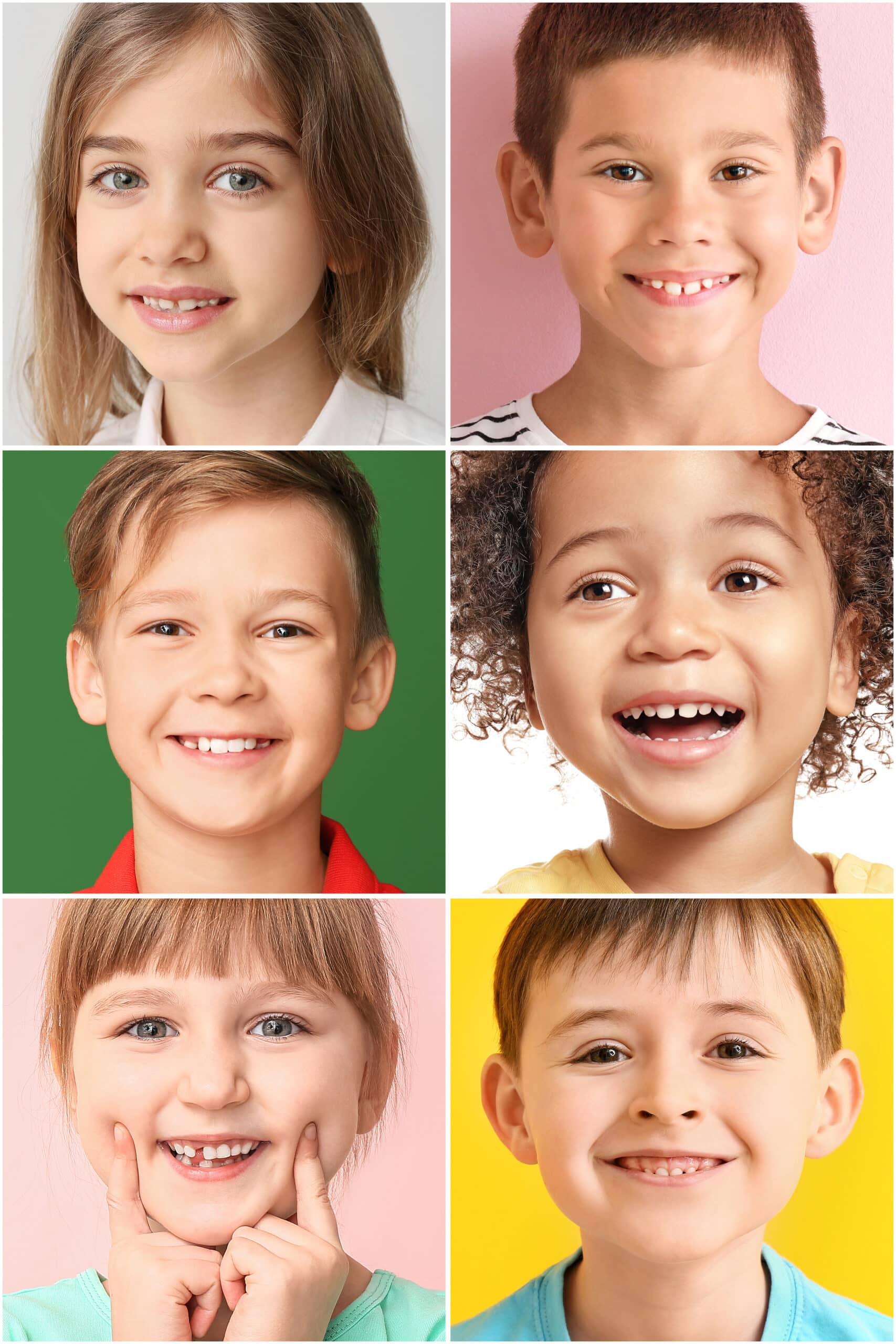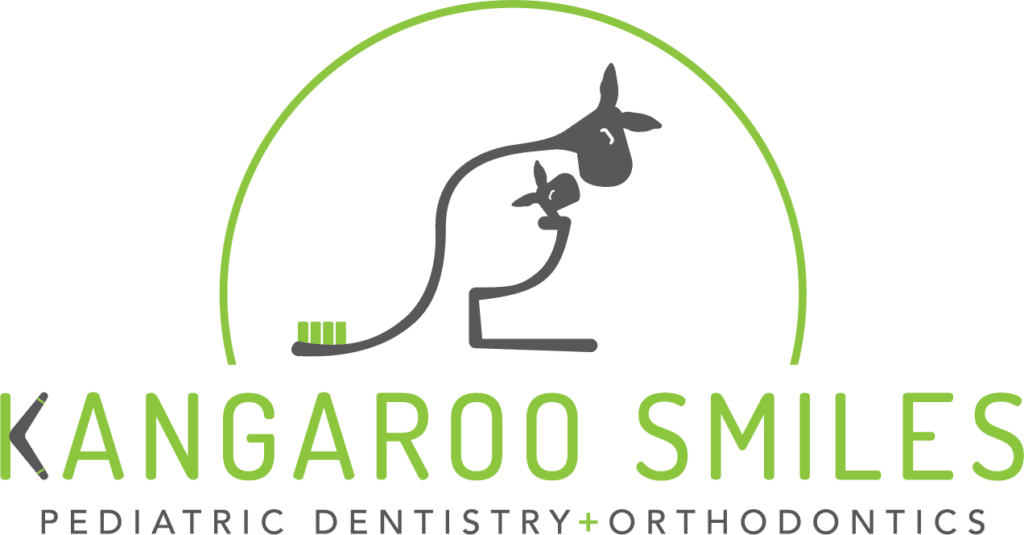Pediatric Sedation Dentistry in Lowell, MA
Going to the dentist may be frightening to some adults, so imagine what it would feel like for the little kids who have to go. According to the American Academy of Pediatric Dentistry, children should start seeing a dentist when their first tooth erupts or by their first birthday, whichever comes first.
At this young age, most children will not need sedation for their dental appointment but as they get older, it may be necessary. And for many of them, it’s a challenge not to get scared or anxious.
What is Sedation?
Sedation is the use of medication to help your child relax during their dental appointment. It is administered during a dental procedure with the goal of relieving a child’s pain and stress via sedation.
At Kangaroo Smiles, we offer different types and levels of sedation that can be used depending on the procedure being done and your child’s individual needs.
We always make sure that your child is comfortable and safe throughout the entire process.
What is Anesthesia?
Anesthesia is the medical process of controlling pain and other sensations during surgeries through the use of medicine called anesthetics. In pediatric dentistry, anesthesia numbs an area of the body so that your child will not feel pain during their dental procedure.
It is important to note that anesthesia is different from sedation in that it causes a loss of feeling or sensation in the area of the body that it is administered to.
There are two types of anesthesia that can be used depending on the procedure being done: local and general. Local anesthesia numbs a specific area (e.g. the mouth, teeth, gums). It is most commonly used for procedures such as fillings, cleanings, and crowns. General anesthesia is when your child is put to sleep for their dental procedure. It is used for more complex procedures such as extractions, root canals, and surgery.
At Kangaroo Smiles, we have a team of highly trained and certified professionals who specialize in pediatric sedation and anesthesia. We will work with you to determine the best type of sedation or anesthesia for your child based on their individual needs.
5 Types of Sedation and Anesthesia
Nitrous Oxide (Laughing Gas)
Nitrous oxide is a type of sedation administered via a gas mask. It is one of the most common types of sedation used for children because it is very effective and has a relatively short recovery time.
It’s called the laughing gas because it gives a euphoric, tingling sensation that can make your child giggle and laugh. The best part is that the effects of nitrous oxide wear off almost immediately so your child can go about their day as usual after their dental appointment.
At Kangaroo Smiles, we recommend nitrous oxide for children who are anxious or have a low pain tolerance but are only undergoing a minor procedure.
Oral Sedation
Oral sedation is a type of medication given in pill form that helps your child relax during their dental appointment. The effects of oral sedation can last several hours so it is important to have someone with you who can drive your child home after their appointment.
We recommend oral sedation for more complex procedures such as extractions, root canals, and surgery.
IV Sedation (Deep Sedation)
IV sedation is a type of medication given intravenously. It is the strongest type of sedation that we offer and is often used for children who have a high fear of going to the dentist or undergo more complex procedures.
Under an IV sedation, your child will fall asleep and will not breathe on their own. They may still make small movements or noises but will not be aware of what is happening around them.
There is no need to worry because a certified anesthesiologist will administer the IV sedation and will continuously monitor your child’s vital signs throughout the procedure. These include, but aren’t limited to the child’s blood pressure, heart rate, and oxygen levels.
Local Anesthesia
Local anesthesia numbs a specific area of the body. We commonly recommend it for procedures such as fillings, cleanings, and minor extractions.
Our experts administer local anesthetic via a shot in the gums or cheek. The effects of the local anesthetic can last several hours.
General Anesthesia
This type of anesthesia is administered by completely putting the child asleep while the dentist or oral surgeon performs the procedure. Like IV sedation, our certified anesthesiologist will administer the general anesthesia and continuously monitor your child’s vital signs.
General anesthesia is only recommended for more complex procedures that require a longer period such as surgery. This is because it takes longer for the child to recover from general anesthesia, and they will not be able to eat or drink anything for several hours after the procedure.

Frequently asked questions
For your convenience, here are some frequently asked questions from parents and our answers. If you have any other questions or concerns please feel free to contact us.
When a child is uncooperative, or unable to sit still during their dental appointment, anesthesia or sedation can be considered. This body language may mean that they are anxious about the treatment and that is a hundred percent understandable. At a young age, they may not be able to understand or express what is making them anxious.
When the procedure will take long, and is a complicated one, anesthesia or sedation may also be recommended. This is because it can be difficult for children to remain still and relaxed for an extended period of time.
As a child undergoes general anesthesia, it’s essential for the parent to help them follow the rules regarding eating or drinking during a specified period prior to the procedure. These rules will depend on your child’s age, which our oral surgery team will discuss as they schedule your appointment.
As with any medical procedure, there are always risks associated with sedation and anesthesia. However, these risks are very rare and our team of specialists take every precaution to ensure your child’s safety.
Some of the risks associated with sedation and anesthesia include:
- Allergic reactions
- Nausea and vomiting
- Slow heart rate
- Low blood pressure
- Difficulty breathing
We understand that as a parent, you may have many questions and concerns about sedation and anesthesia for your child. Our team of experienced pediatric dentists is more than happy to answer any questions that you may have and address any concerns that you may have.
At Kangaroo Smiles, we ensure safety and excellent service for your little one’s oral health needs.

